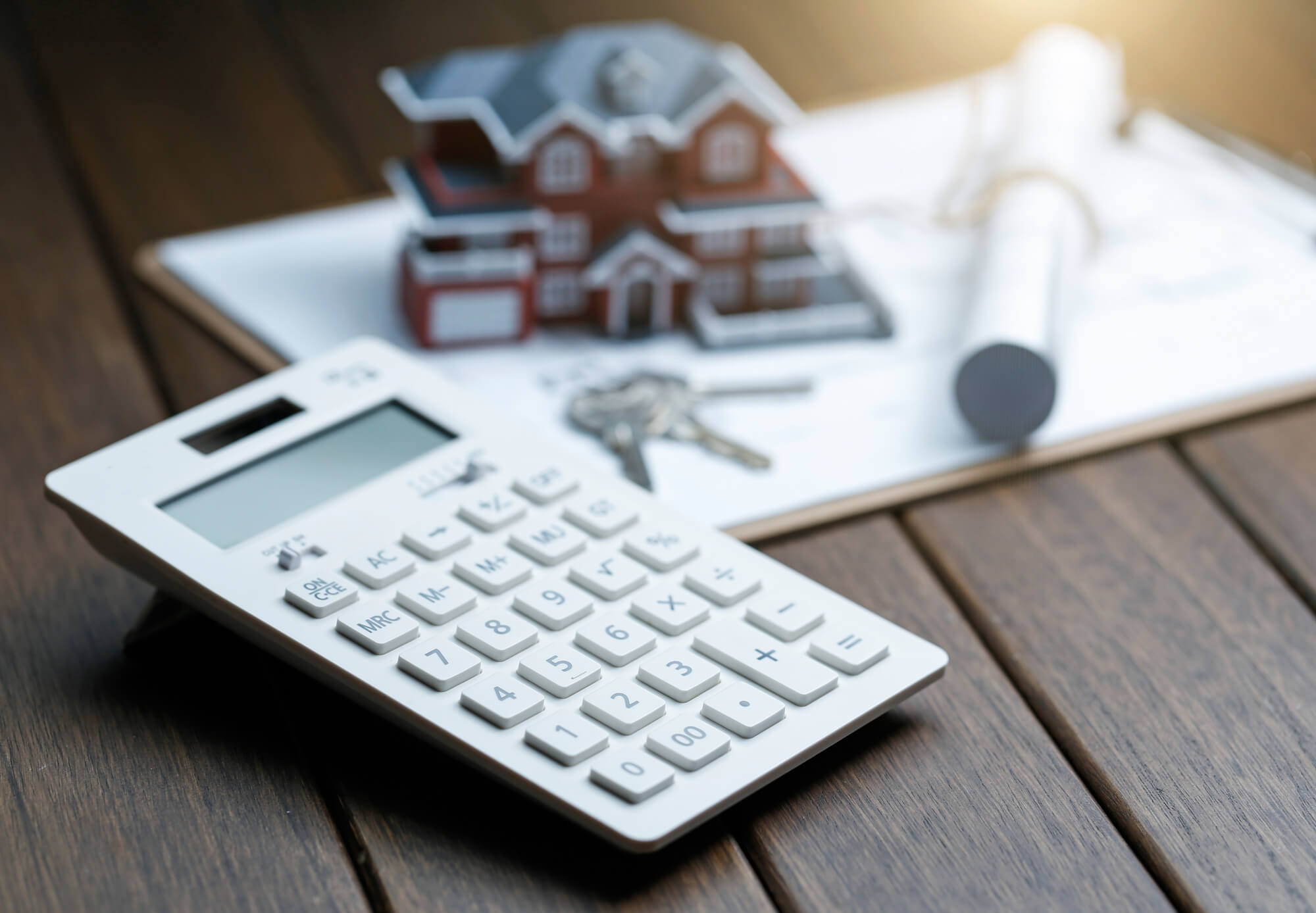The market for acquiring short lease properties continues to be a strategic investment opportunity for developers and investors seeking potential value through lease extensions. This guide explores contemporary approaches to valuing short lease flats and properties, and understanding their investment potential.
Understanding Lease Valuation Techniques
Traditionally, the Graphs of Relativity have been the primary method for calculating existing leasehold value for properties with less than 80 years remaining on the lease. However, this approach becomes less reliable when lease terms drop below 30 years, necessitating more nuanced lease valuation strategies.
Investment Calculation Approach
For short leases under 30 years, an investment calculation provides a more accurate assessment of property value. This method focuses on:
- Evaluating potential rental income
- Calculating net annual returns
- Applying an appropriate yield to reflect the property’s diminishing value
Any further allowance for the “no act” world would not be necessary, unlike a situation when using a graph of relativity to calculate the existing lease value. When valuing the existing lease value, assume that the property does not have any rights under the act for a statutory lease extension.
For unexpired leases of 20/30 years (unexpired threshold), the valuation method should consider what a prospective investor would be willing to pay to acquire the lease. It must also take into account that, at the end of the term, the leasehold property would revert back to the freeholder.
Key Leasehold Valuation Considerations
A valuer would have to assess:
- How much (per annum) the property would be let out for on the open market
- Relevant deductions associated with properties that are let out on an Assured Shorthold Tenancy
- Relevant yields that need to be applied reflecting the limited leasehold time frame (representing an appropriate rate of return for the investor)
- Any anticipated void periods
- Continued ground rent and management costs
Practical Lease Valuation Example
Consider a two-bedroom, ground-floor flat with the following profile:
- Monthly rent: £1,350 (£16,200 per annum)
- Unexpired lease term: 17 years
Calculation breakdown:
- Annual rent: £16,200
- Less ground rent: £15
- Less management costs (10%): £1,620
- Less void period allowance (5%): £810
Net annual income: £13,755
Capital Value Calculation:
- £13,755 at 8% yield for 17 years = £125,468
Considering Yields and Returns
While residential investments typically attract 3-5% yields, short leases require higher returns. Investors should expect 7-8% yields to compensate for the asset’s declining value.
Upper Tribunal Guidance
The Upper Tribunal has emphasised using real-world evidence over theoretical models like the graphs of relativity. The investment calculation method provides tangible, transaction-based valuation insights. There may be different attitudes to yield and deductions applied to the calculation depending on the location, lease and type of the property.
Other Considerations
Leasehold valuations can vary significantly based on:
- Property location
- Specific lease terms
- Property type
- Local market conditions
Valuation figures are illustrative and subject to market fluctuations. Professional consultation is recommended for precise property assessments.
Expert Lease Valuation Advice from Perry Hill
Professional valuation remains crucial in navigating the complexities of short-lease property investments. Nuanced assessments help investors make informed decisions about potential lease extensions and property acquisitions.
For a detailed, personalised lease valuation, contact Perry Hill Chartered Surveyors. Our specialist team provides comprehensive lease extension and property valuation services across Surrey, Sussex, Hampshire, and London.



